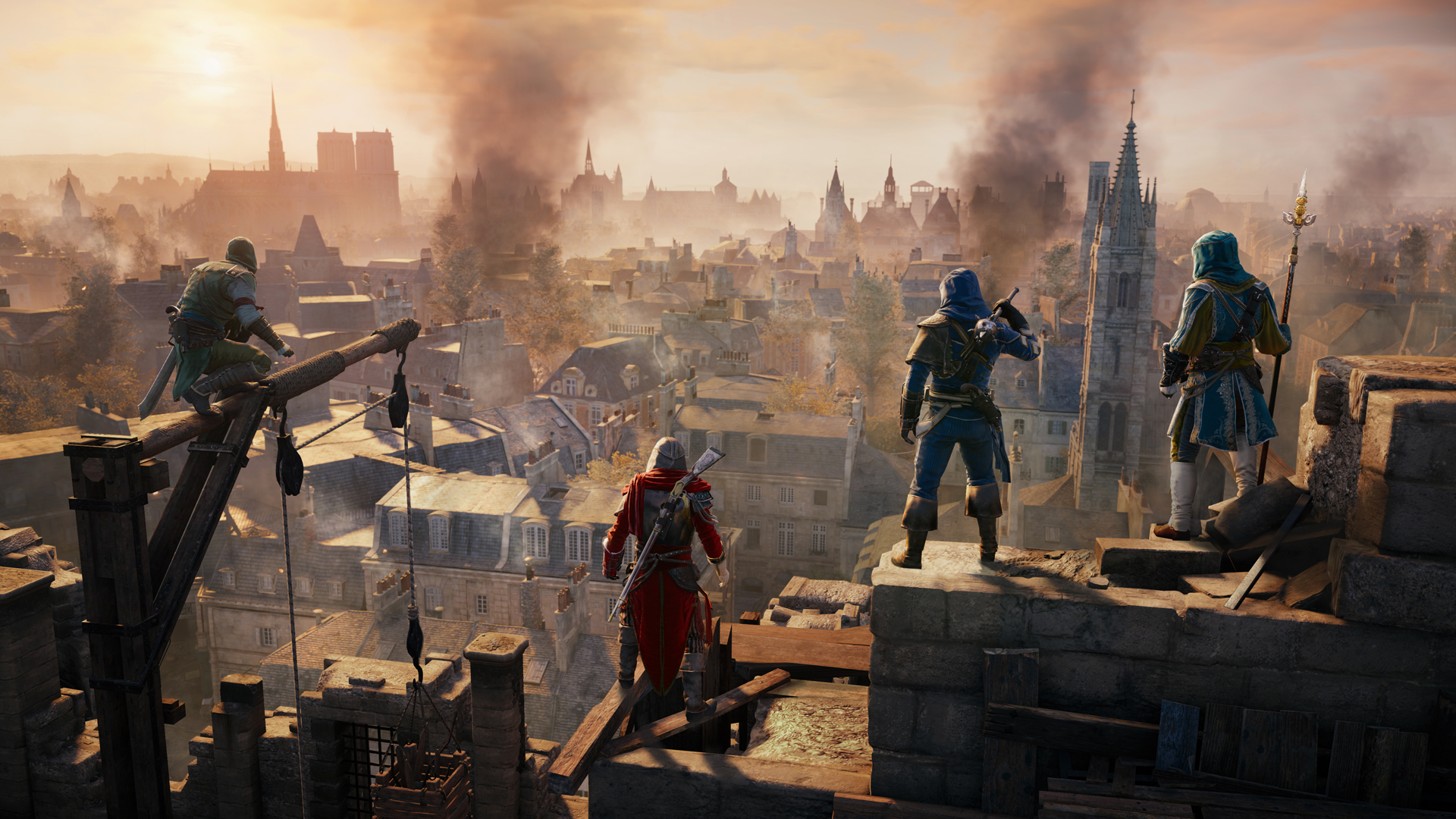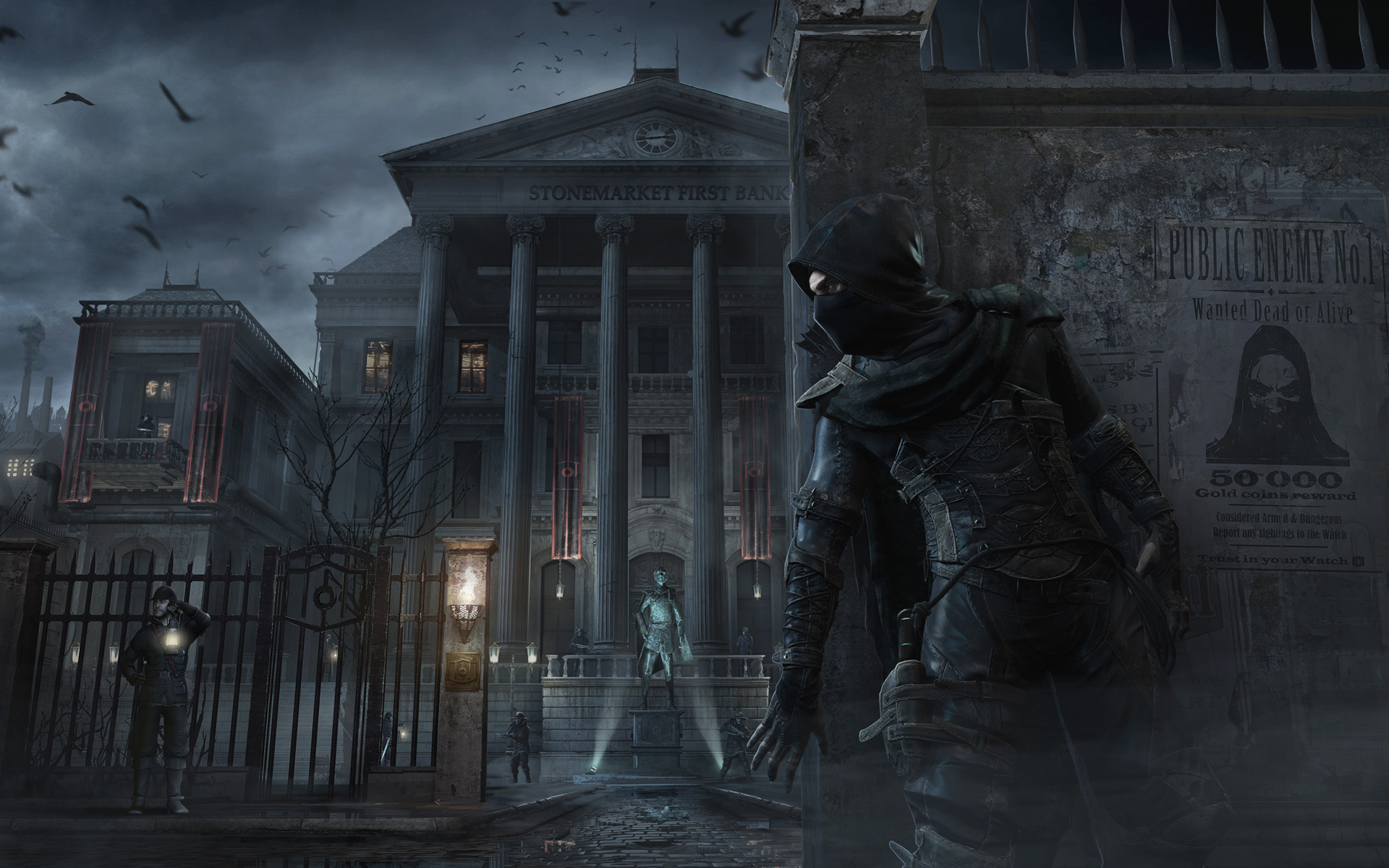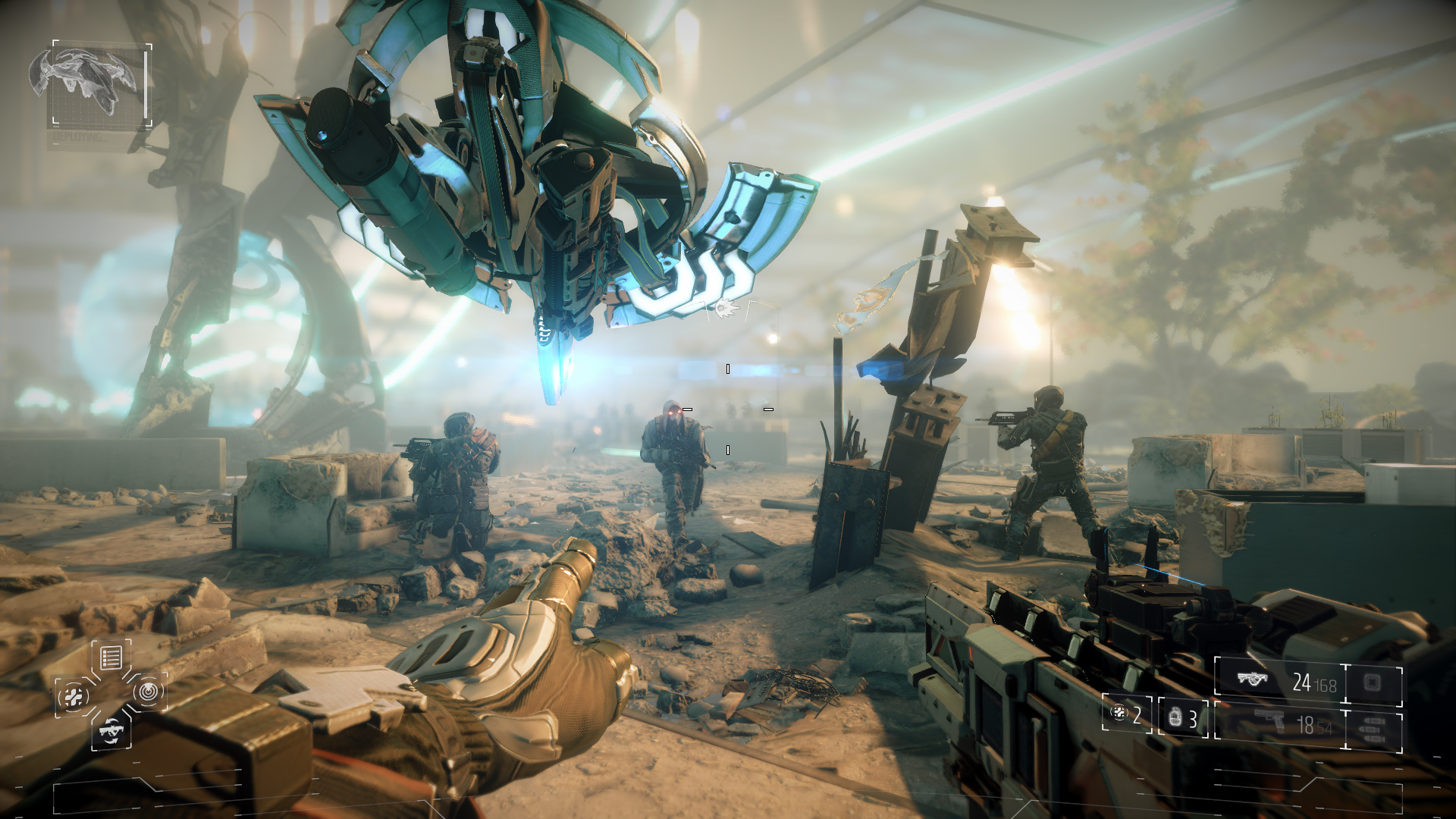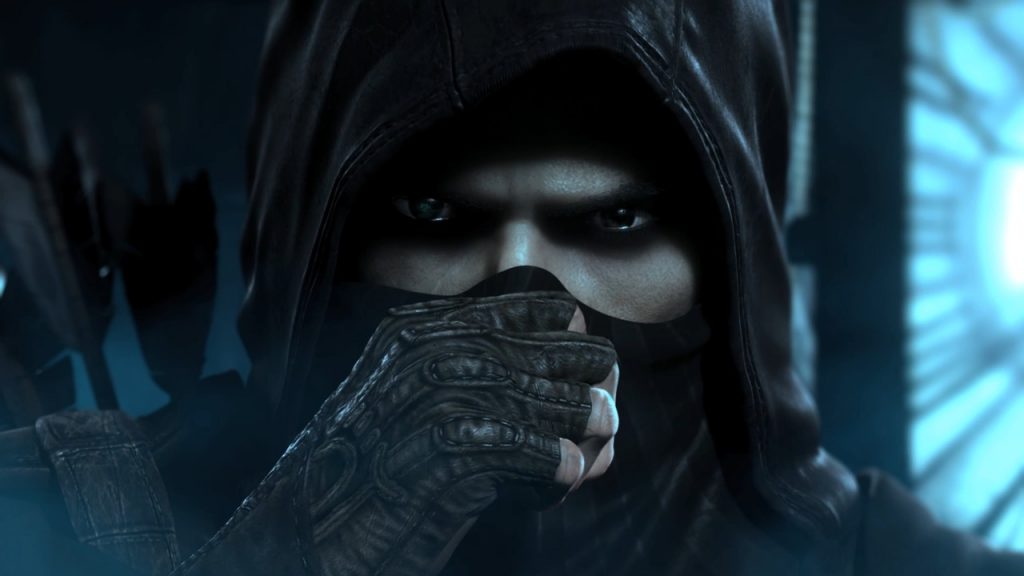It’s an unfortunate fact of gaming that even AAA titles can miss the mark from time to time. Sometimes it’s a weird concept, sometimes it’s bad controls and a limited story, and sometimes it’s really all of the above, but even games coming out of incredible studios aren’t always successful. With the kind of release schedule we as gamers expect for our favorite properties, we’re going to have to deal with the fact that sometimes, in a rush to meet the deadlines, developers will accidentally let mistakes slip through the cracks. Whether its bad, unfair, or even malicious isn’t really the problem; the fact is, it’s happened before, it’ll happen again, and at whatever point you’re reading this article, it’s probably happening right this very moment.
Of course, just because a AAA game turns out poorly doesn’t mean there’s nothing good about it. Very rarely are you ever going to get a complete good or a complete evil, and it’s kind of our job as consumers to separate the two (yes, playing games has a job attached to it). Why is it our job? The short answer is that we’re the kind of feedback that sales numbers can’t track. Unfortunately, AAA gaming is a business that puts developers, writers, and money into projects it believes will pay off, and as much as we’d like a big company to keep funding edgy little projects to break up the tedium of sequels, spin-offs, and reboots, they need to have something telling them it’s worth their effort. To that end, we’ve got a few of the past AAA games that, while less than spectacular, have a lot of positives we want to keep seeing in new titles.
Assassin’s Creed: Unity

The mistakes of Unity are pretty obvious, so much so that even the directors of Ubisoft had to apologize and offer free DLC to everyone who purchased it. While this latest incarnation of the wildly popular Assassin’s Creed franchise was set to release with a lot of pomp and circumstance, especially after the success of Black Flag. As players, we were finally getting what should have been a perfect setting for a game of Assassins and Templars in the French Revolution; we had tall buildings, political turmoil, and the right level of firearms to keep swords and hidden blades on an even keel. What we got, however, was much more of a flop. Our new Assassin, Arno Dorian, attempted to be Ezio Auditore, but came off as a fairly one-dimensional character that’s not quite as boring as Conner from Assassin’s Creed 3, but not the swashbuckling hero Edward Kenway that players loved in Black Flag or the traitor Shay Cormac from Rogue. The story was also criticized for being very routine to the franchise, the controls finicky (especially on the stealth sections), and the avalanche of bugs that lead to floating eyeballs and teeth during important cutscenes which, if we’re being honest, kinda takes us out of the moment and into our nightmares.
However, the French Revolution of Assassin’s Creed: Unity isn’t as lost a cause as the reviewers would have you believe. It gave us a much higher degree of customization on our personal Arno than we had ever had before, we got a true 1:1 scale Paris to explore, and we got a combat system that’s a bit more punishing to straight-up fighters (although the smoke bomb trick still works). While going back to the original story style of earlier Assassin’s Creed games turned out to be a mis-step, Unity did clean up a little bit of all the mechanics and gave us a more complete Assassin, which is a huge step forward. One thing’s for sure though; when Assassin’s Creed: Syndicate comes out later this yet, you can bet Ubisoft is going to take their time polishing it up.
Thief

Reboots of popular franchises are always a bit of a crapshoot; if it was good and successful when it first released, the game’s core concepts have been copied to death. Such, unfortunately, was the case with Thief, a reboot of one of the early 2000’s title that was one of the first major 3D stealth franchises. Again, we expected a lot from this one; its influences can be felt in Splinter Cell, the later Metal Gear Solid games, and, pretty much on the nose, Dishonored. In that regard, we weren’t disappointed. Thief did a good job with stealth, but little else. The dark layout was difficult to navigate, the objective map was pretty much useless, the story was convoluted, and the missions were pretty much the same all the way through. Unfortunately for such an influential franchise, Thief met with mixed success, which in the world of AAA gaming means that the project probably won’t be getting a sequel any time soon.
Fortunately for Thief fans in particular and stealth-action players as a whole, this is something that’s just the nature of the genre. The stealth in this game is pretty much the only way to go, and it’s actually very well done; while you’re pretty much done in an out-and-out conflict, Thief does a great job of making stealth environments, giving you just enough tricks to have options without so many to make the game too easy. It’s tough, it’s unforgiving, and for the real stealth player, it’s a worthwhile challenge. Even if Eidos doesn’t keep pushing the Thief franchise, we really hope they’ll take the stealth mechanics onto their other upcoming projects, like Deus Ex: Mankind Divided.
Killzone: Shadow Fall

Unlike the first two entries we’ve got here, this one should have been a huge success. Killzone: Shadow Fall is an FPS, it’s sci-fi with some beautiful graphics, it was designed as a PS4 exclusive to make absolutely certain it made the brand new hardware look good at launch, and, most important in this time of Nolany-noir and shades of brown FPS games, it has a rich palette of colors. However, the story is incredibly clunky; whether its the product of the prevalence of games like Battlefield and Call of Duty or not, even all the action and suspense in Killzone seems to be following the same formula. In addition, the voice acting is kinda off pace a few times and the same themes are harped over and over again, to the point where the game unintentionally satires itself. If its the first time you’ve ever played a next-gen FPS, then Killzone: Shadow Fall will probably be okay; however, to most of the gaming audience, it all just feels like it’s been done before.
Despite its mixed reviews and Killzone’s status as an FPS that’s kind of on the fringes of mainstream gaming, Sony really, really wants the franchise to work; as such, there are a lot of great pieces that deserve to be kept from this one. The combat is incredibly balanced, it stays different across all levels, and the action builds up in an organic way throughout the campaign, so getting immersed can actually be pretty easy. With a more inspired story, there’s no question that Killzone would have been a success; we can just hope that Sony keeps the mechanics until a truly original story comes along.
Whatever your opinion on these franchises are, these games, while good in some respects, didn’t exactly have the commercial success that ensures they’ll be around for another installment. We can only hope that their parent companies take the positive parts out of these projects and try them again in newer, more complete titles.
Dusty has interviewed some of the brightest minds in the video game industry at E3, written for Lifehacker, and much more. Dusty is also a passionate PS4 gamer who has a BA in journalism.

